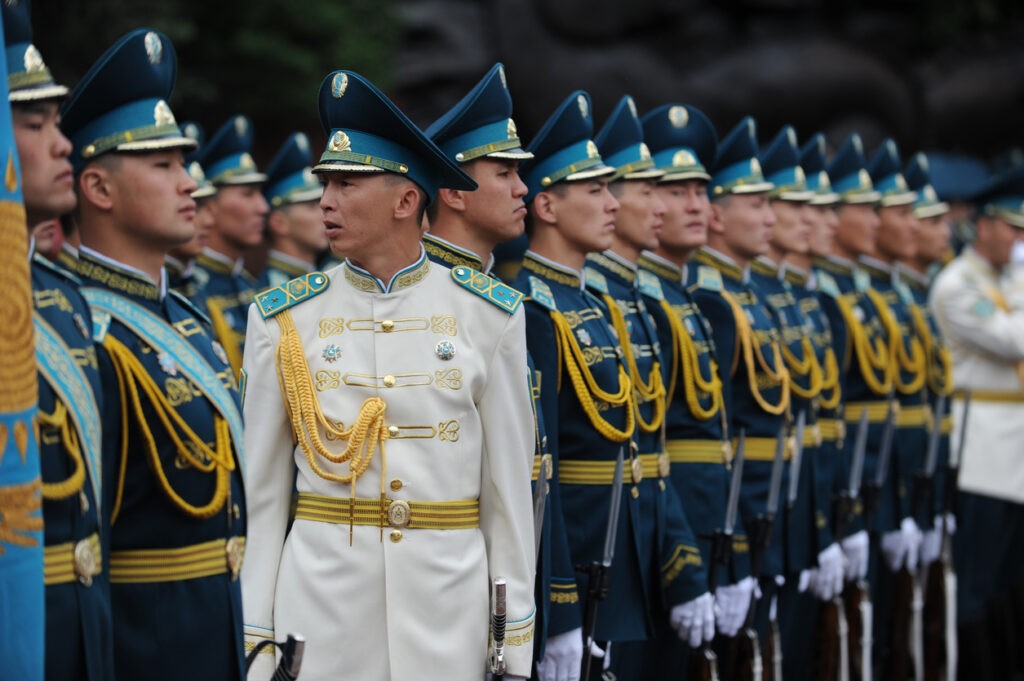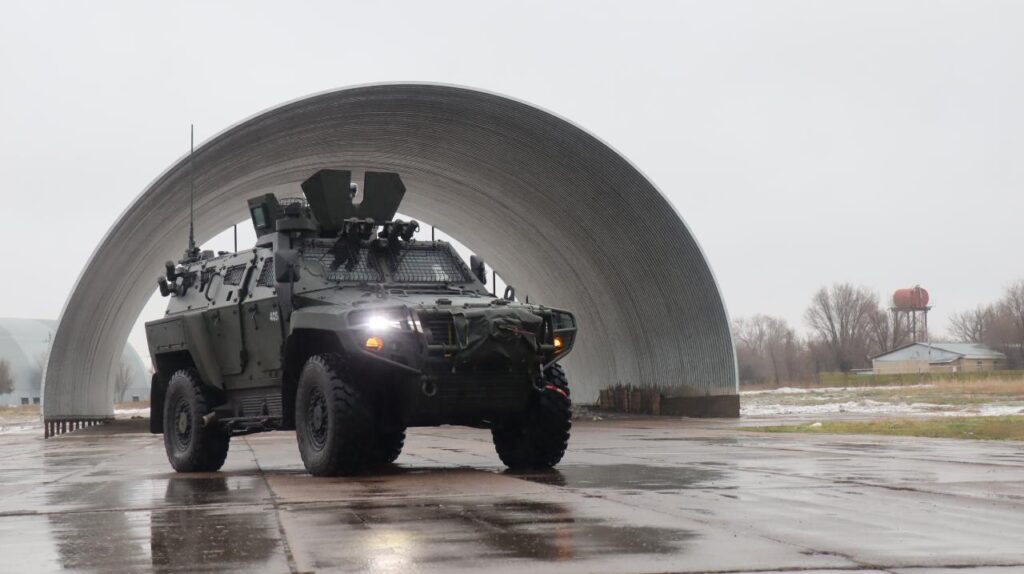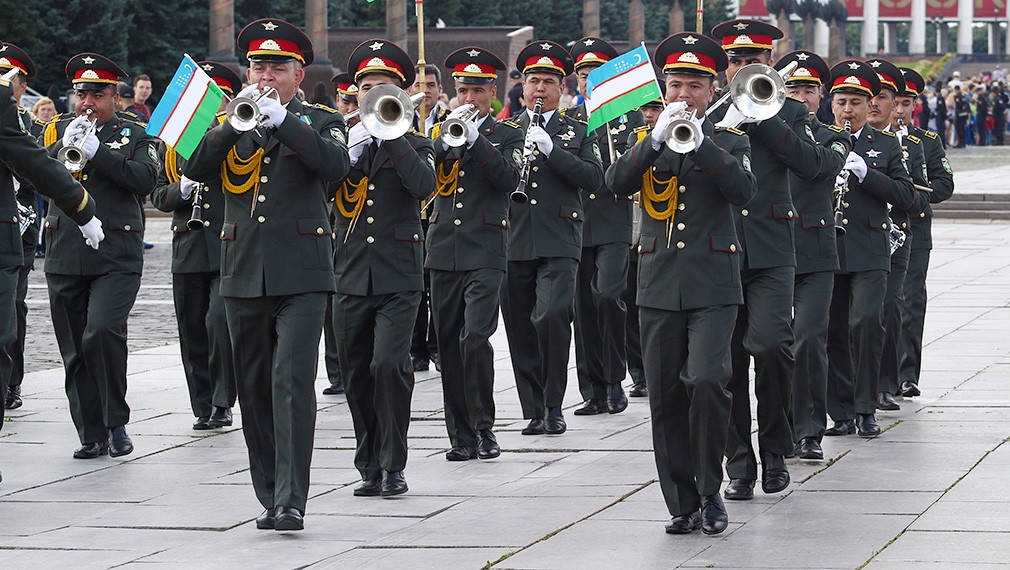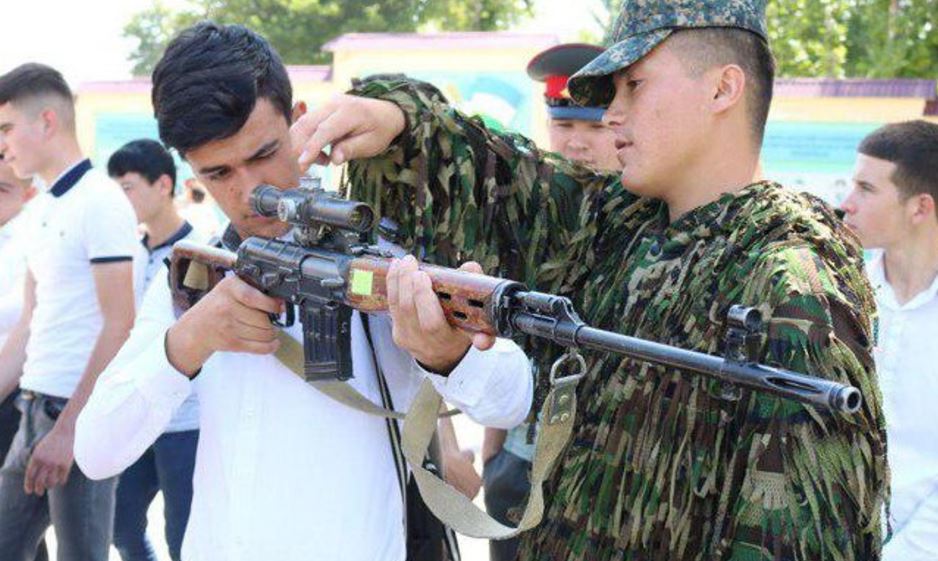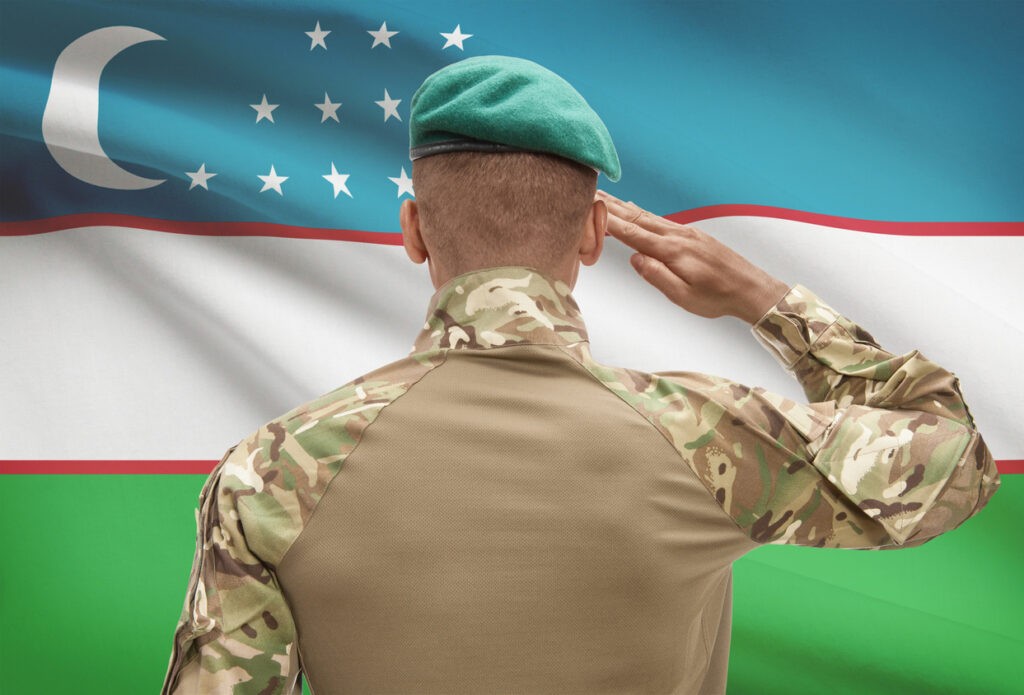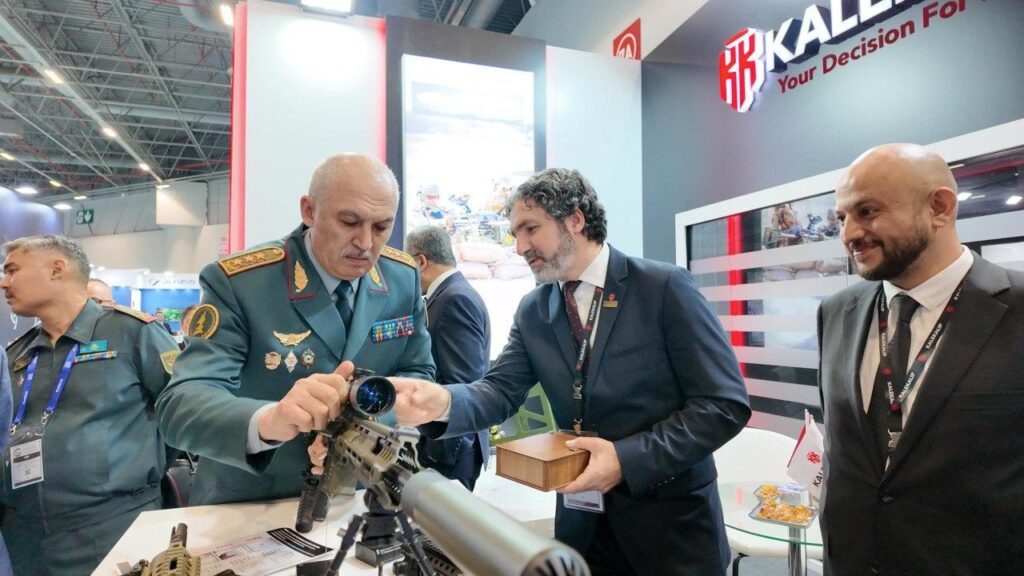Kazakhstan Again Leads Central Asia in Military Strength
Global Firepower (GFP) has released its Military Strength Ranking for 2025, evaluating the military capabilities of 145 countries based on 60 factors, including resources, financial stability, logistics, and geographic considerations. In Central Asia, Kazakhstan continues to lead the region in military strength, ranking 57th globally, an improvement from its 58th position in 2024. Uzbekistan follows closely in 58th place, climbing seven spots from the previous year. Turkmenistan also made notable progress, rising from 83rd in 2024 to 77th this year. Kyrgyzstan saw a modest improvement, advancing to 100th from 105th, while Tajikistan moved up one spot to 107th this year. The GFP ranking evaluates around 60 criteria, such as troop levels, financial resources, logistics, and the availability of specific military assets. Kazakhstan performed particularly well in heavy weaponry, ranking 17th globally for the number of multiple-launch rocket systems (407 units) and 21st for self-propelled artillery. These strengths have significantly bolstered its defense indicators. Globally, the United States remains the top-ranked military power, supported by the world’s largest defense budget of $800 billion. Russia and China maintain their positions in second and third place, respectively. Bhutan, ranked 145th, is the weakest army on this year’s list.
